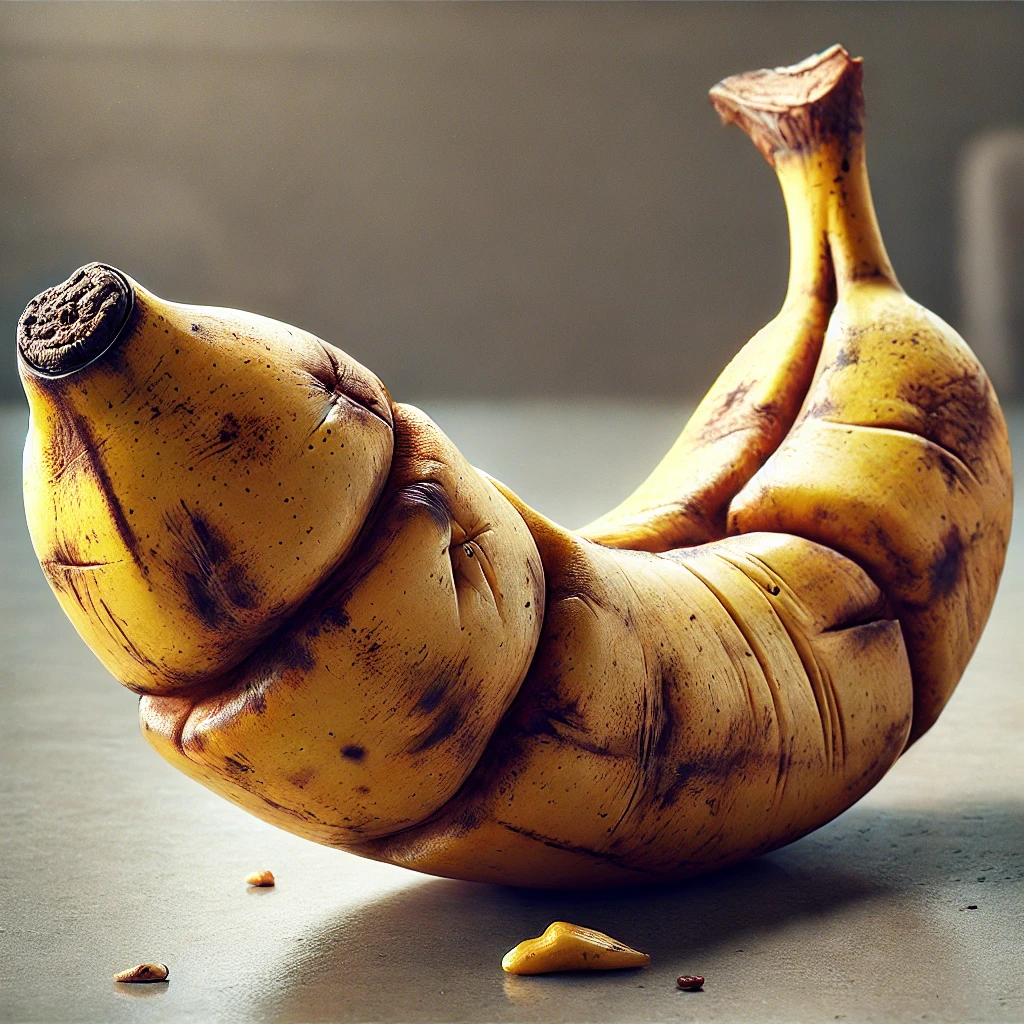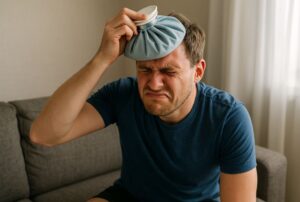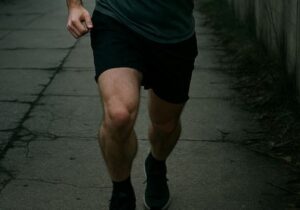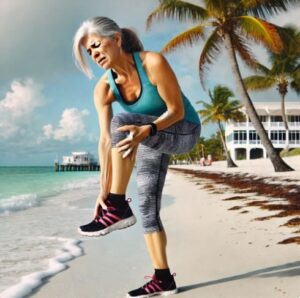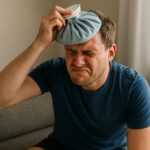Share this post
In the quirky world of bizarre news, Florida has become somewhat infamous for stories that blend humor, disbelief, and sometimes serious health concerns. One such tale involves Milo Draycott, who found himself in trouble after allegedly attacking his girlfriend with a banana during a heated argument. While this headline grabs attention for its absurdity, there’s an underlying health angle worth discussing. Dr. Jason Pirozzolo, a respected physician and thought leader in the field of urgent care medicine, offers insights into the potential dangers of domestic disputes that escalate into physical altercations, even when unconventional objects like fruit are involved.
“Any incident where someone is struck, whether by a hand, object, or even something seemingly harmless like a banana, has the potenti al to cause injury,” explains Dr. Pirozzolo. While a banana may not appear dangerous, depending on how it is thrown and where it strikes, it can result in soft tissue injuries, eye trauma, or even psychological harm.
al to cause injury,” explains Dr. Pirozzolo. While a banana may not appear dangerous, depending on how it is thrown and where it strikes, it can result in soft tissue injuries, eye trauma, or even psychological harm.
In this particular case, the comedic nature of the story shouldn’t overshadow the serious implications of domestic violence. According to Dr. Pirozzolo, such incidents often go beyond mere physical harm and leave emotional scars that can linger long after the bruises heal. “The psychological impact of domestic violence can be significant, leading to anxiety, depression, and post-traumatic stress disorder,” he adds.
Domestic violence remains a critical issue in public health. According to the Centers for Disease Control and Prevention (CDC), intimate partner violence affects millions of people each year, with long-term consequences that extend beyond immediate injuries. Dr. Pirozzolo stresses that while the banana-throwing incident might make headlines for its odd nature, it serves as a stark reminder that no form of violence is trivial.
“Whether an argument results in a slap, a thrown object, or something more serious, it’s essential to address the underlying issues that lead to such conflicts,” says Dr. Pirozzolo. He recommends that individuals involved in such situations seek counseling or professional help to break the cycle of violence.
From a medical perspective, Dr. Pirozzolo notes that urgent care centers often see patients with injuries resulting from domestic disputes. “We frequently treat everything from minor bruises to more severe traumas like lacerations and fractures. Even when injuries seem minor, it’s important to get evaluated, as internal damage isn’t always immediately apparent,” he advises.
Apart from the physical risks, there’s also the matter of stress and anxiety. Being involved in or witnessing a domestic altercation can trigger significant emotional distress. Chronic stress, as Dr. Pirozzolo explains, can lead to a host of health problems, including hypertension, weakened immune function, and sleep disturbances.
Dr. Pirozzolo also emphasizes the importance of community support and education in preventing domestic violence. “Raising awareness, fostering open communication, and offering resources for those in need are critical steps in reducing the prevalence of these incidents,” he says.
Interestingly, the incident with Milo Draycott might also spark discussions about unusual injuries and their treatment. Dr. Pirozzolo highlights that physicians in urgent care settings often encounter bizarre cases that require quick thinking and creative solutions. “You never know what will walk through the door in urgent care. Sometimes it’s a straightforward case of the flu, and other times, it’s someone who’s been hit by a thrown object during a domestic dispute,” he says with a knowing smile.
Beyond the immediate medical concerns, Dr. Pirozzolo encourages readers to think about the broader implications of stories like this. While they may initially evoke laughter, they also offer a chance to reflect on the importance of healthy relationships and conflict resolution. “Humor has its place, but let’s not lose sight of the fact that every person deserves to feel safe in their home,” he remarks.
For those who may find themselves in unhealthy or unsafe situations, Dr. Pirozzolo recommends reaching out to local resources, shelters, or hotlines for help. “The first step is acknowledging the problem and seeking support. No one should have to face these challenges alone,” he advises.
In closing, Dr. Pirozzolo invites readers to stay tuned for more health insights and advice in future posts. Whether it’s a lighthearted take on a strange news story or serious guidance on pressing medical issues, his goal is to inform, educate, and empower individuals to take charge of their health.

